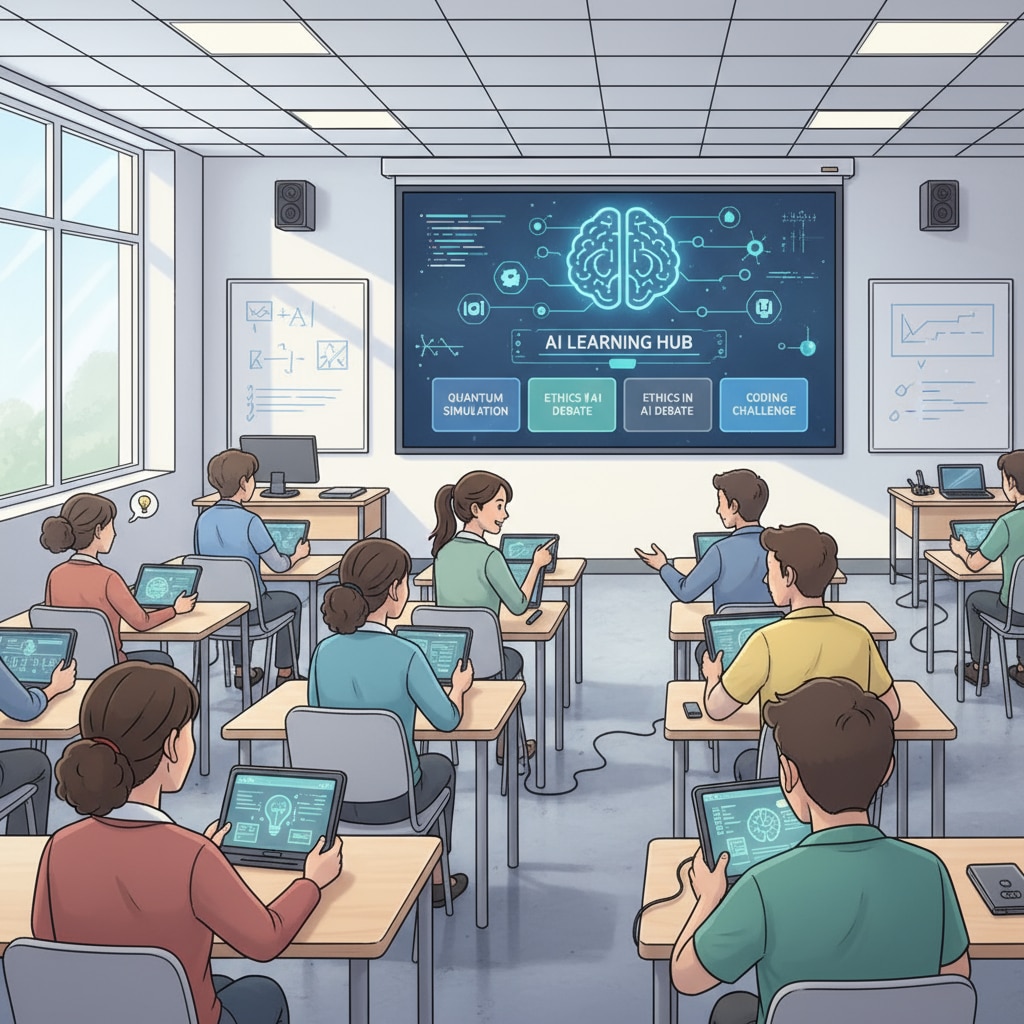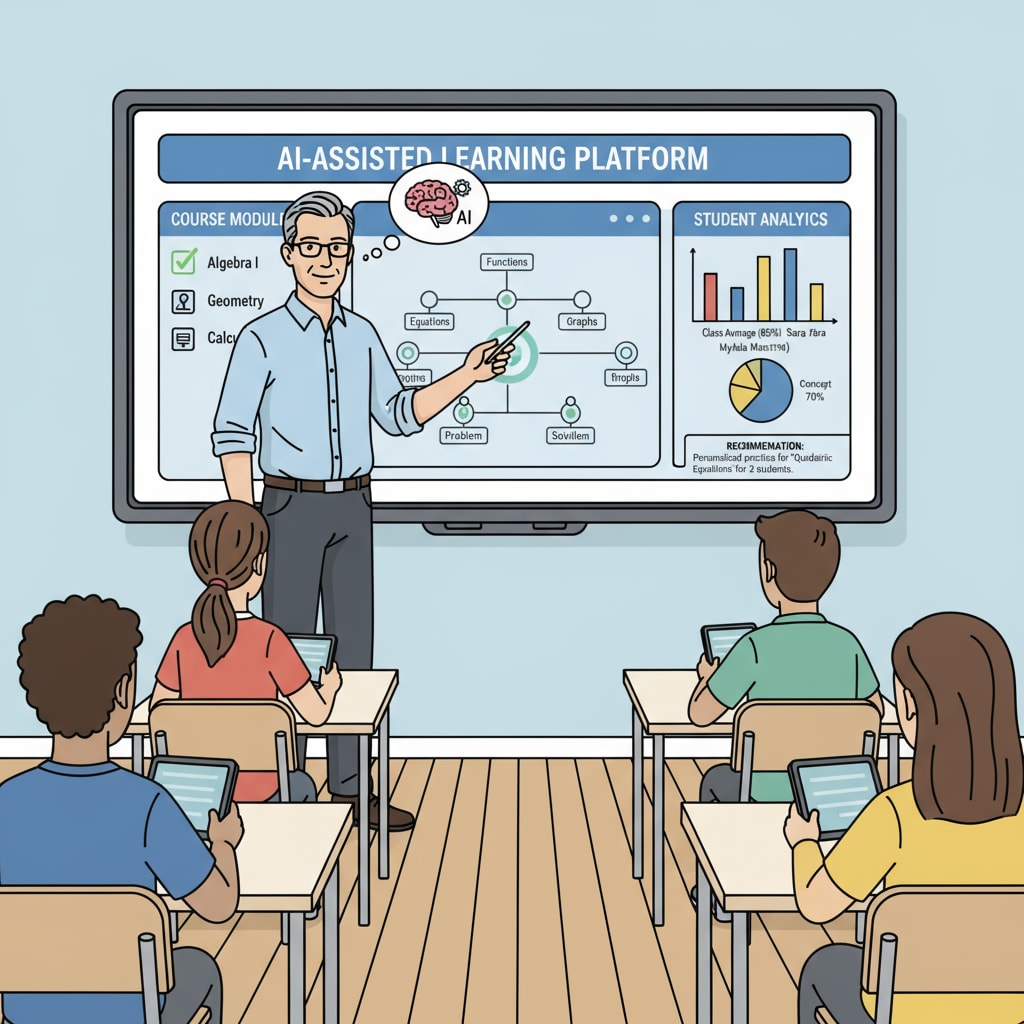Artificial intelligence, higher education, and the future of universities are intertwined in a complex web of change. The rapid advancement of AI is no longer a distant concept but a tangible force that is already reshaping the educational landscape of colleges and universities.

As technology continues to evolve, its implications for higher education are becoming increasingly profound.
The AI – Enabled Transformation of Teaching Methods
One of the most significant impacts of artificial intelligence on higher education is the transformation of teaching methods. Traditional lecture – based teaching is being augmented with AI – powered tools. For example, intelligent tutoring systems can provide personalized learning experiences for students. These systems analyze students’ learning patterns, strengths, and weaknesses, and then tailor the teaching content accordingly. According to Wikipedia’s entry on artificial intelligence in education, this personalized approach can lead to better learning outcomes as it caters to the individual needs of each student. In addition, AI – driven virtual classrooms allow for more interactive and engaging learning environments, breaking down geographical barriers and enabling students from different locations to participate in real – time discussions.

Enhancing Student Learning and Skill Development
AI is also playing a crucial role in enhancing student learning and skill development. With the help of AI – based educational apps and platforms, students can access vast amounts of learning resources. These resources are not only limited to textbooks and lecture notes but also include interactive simulations, virtual labs, and multimedia content. This wealth of resources helps students develop a deeper understanding of complex concepts. Moreover, AI can assist in the development of critical thinking and problem – solving skills. For instance, by presenting students with challenging scenarios and guiding them through the process of finding solutions, AI – enabled learning tools are preparing students for the real – world problems they will encounter in their future careers. As stated in Britannica’s article on education, the integration of AI in education is an important step towards equipping students with the skills needed in the 21st century.
The future of universities is closely tied to how well they can embrace and integrate artificial intelligence. Institutions that can effectively incorporate AI into their curriculum, teaching methods, and administrative processes will be better positioned to meet the evolving needs of students and society. In conclusion, artificial intelligence, higher education, and the future of universities are on a path of continuous evolution, and it is essential for all stakeholders to adapt and leverage this powerful technology for the betterment of education.
Readability guidance: The article uses short paragraphs to convey ideas clearly. Each H2 section provides a focused discussion, and lists are used when appropriate. The passive语态 is minimized, and transition words like “for example”, “in addition”, and “moreover” are used to improve the flow of the text.


